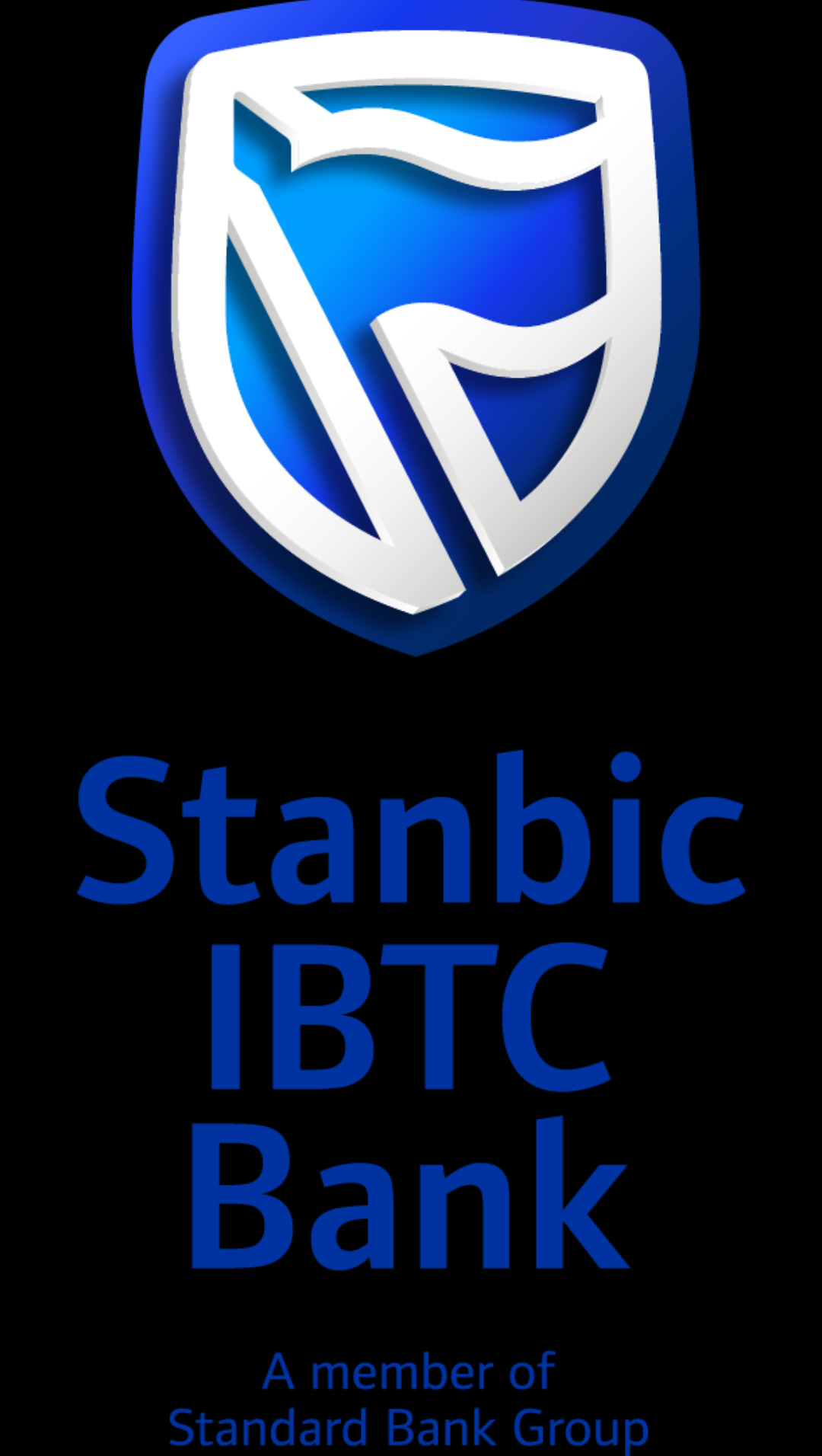
Sharp and accelerated rises in output and new orders
Marked improvement in vendor performance Sentiment improves to three-month high
PMI
sa, >50 = improvement since previous month
65
60
55
50
45
40
35
’14 ’15 ’16 ’17 ’18 ’19 ’20
Data were collected 12-28 October 2020
The Nigerian private sector experienced a positive start to the final quarter of 2020 with output and new orders both rising at a robust and accelerated pace. Firms continued to expand purchasing activity and employment in line with higher levels of new work. Sufficient capacity and higher staffing numbers led to another decline in the level of incomplete work. Companies remained optimistic about output in the year ahead, with many firms hoping to expand operations.
On the price front, input costs rose, with higher wage and material costs linked to the latest uptick. Cost burdens were passed on to customers which led to a robust rise in selling prices.
The headline figure derived from the survey is the Purchasing Managers’ Index™ (PMI®), a property of Stanbic IBTC Bank PLC. Readings above 50.0 signal an improvement in business conditions on the previous month, while readings below 50.0 show a deterioration.
The headline PMI registered at 53.5 in October, up from 52.5 in September, signalling a solid expansion in business activity at Nigerian private sector firms.
Higher customer numbers and easing restrictions associated with the coronavirus disease 2019 (COVID- 19) were widely reported by panelists, helping lead to stronger growth of both output and new orders. In both cases, continuous expansion has been recorded for four consecutive months.
Employment continued to rise modestly, with the rate of job creation in line with that seen in the previous survey period. Efforts to keep on top of workloads were largely successful as outstanding business decreased at one of the fastest rates since the start of the survey almost seven years ago.
Purchasing activity also rose sharply in line with higher output levels, contributing to a substantial accumulation of inventories. Despite rising demand for inputs and political unrest, competition among suppliers and prompt payments meant delivery times shortened to the greatest extent in 30 months.
The rate of purchase cost inflation slowed slightly from the previous survey period but remained solid overall. Respondents often linked the latest rise to unfavourable exchange rate conditions and rising raw material prices. Meanwhile, staff costs increased modestly. Firms reportedly passed on higher costs to customers resulting in an accelerated rise in selling prices.
Looking ahead, businesses continue to foresee a rise in output levels over the year ahead with plans to expand operations and implement marketing strategies. That said, sentiment was below the series average as a number of firms mentioned uncertainty surrounding COVID-19 developments.
Methodology
The Stanbic IBTC Bank Nigeria PMI® is compiled by IHS Markit from responses to questionnaires sent to purchasing managers in a panel of around 400 private sector companies. The panel is stratified by detailed sector and company workforce size, based on contributions to GDP. The sectors covered by the survey include agriculture, mining, manufacturing, construction, wholesale, retail and services.
Survey responses are collected in the second half of each month and indicate the direction of change compared to the previous month. A diffusion index is calculated for each survey variable. The index is the sum of the percentage of ‘higher’ responses and half the percentage of ‘unchanged’ responses. The indices vary between 0 and 100, with a reading above 50 indicating an overall increase compared to the previous month, and below 50 an overall decrease. The indices are then seasonally adjusted.
The headline figure is the Purchasing Managers’ Index™ (PMI). The PMI is a weighted average of the following five indices: New Orders (30%), Output (25%), Employment (20%), Suppliers’ Delivery Times (15%) and Stocks of Purchases (10%). For the PMI calculation the Suppliers’ Delivery Times Index is inverted so that it moves in a comparable direction to the other indices.
Underlying survey data are not revised after publication, but seasonal adjustment factors may be revised from time to time as appropriate which will affect the seasonally adjusted data series.












